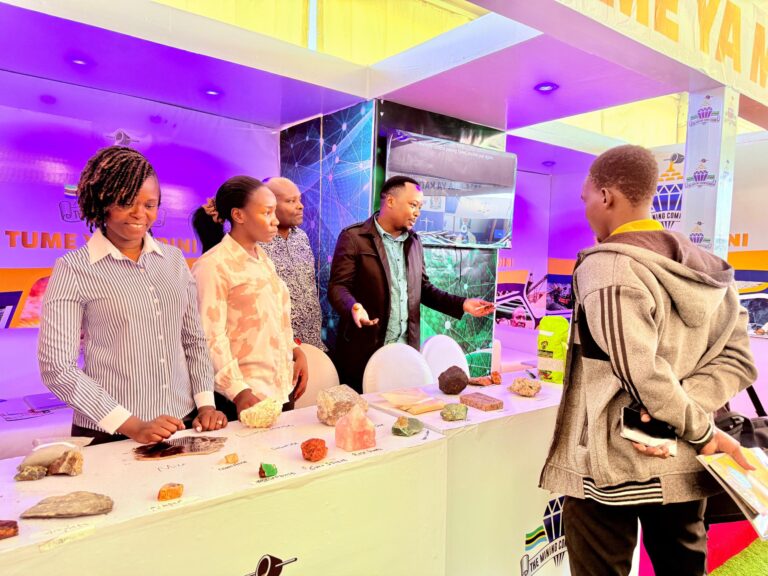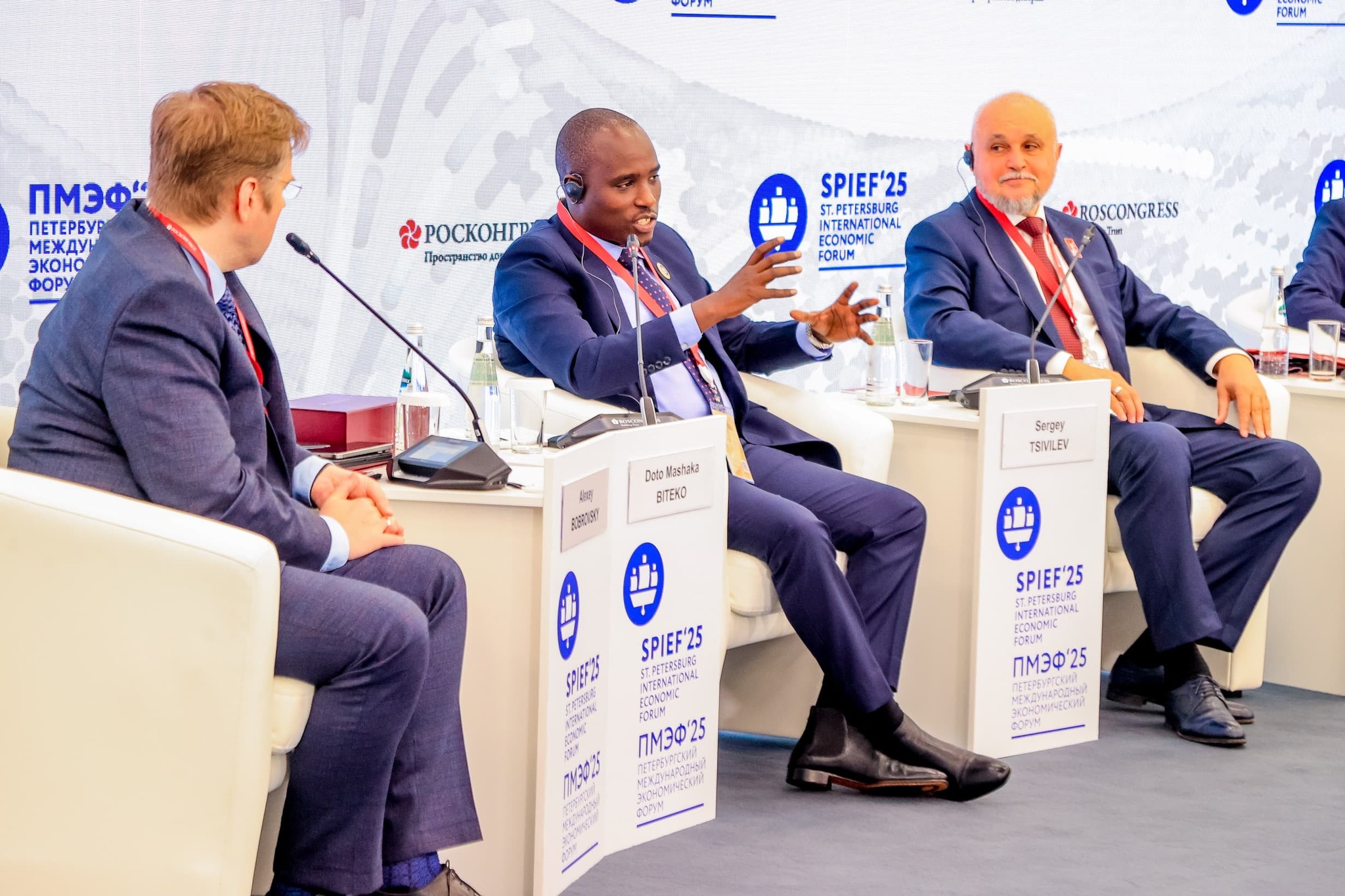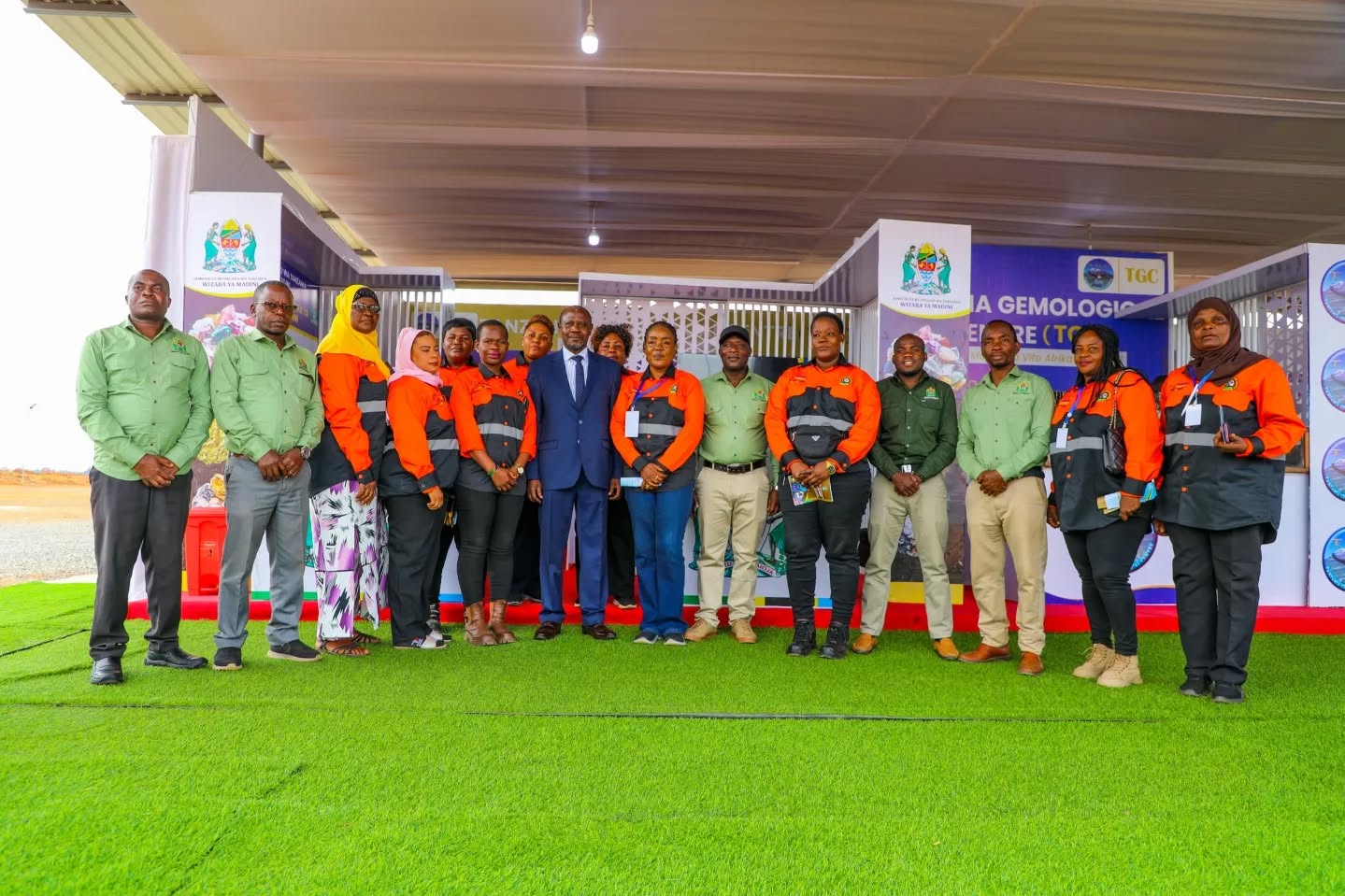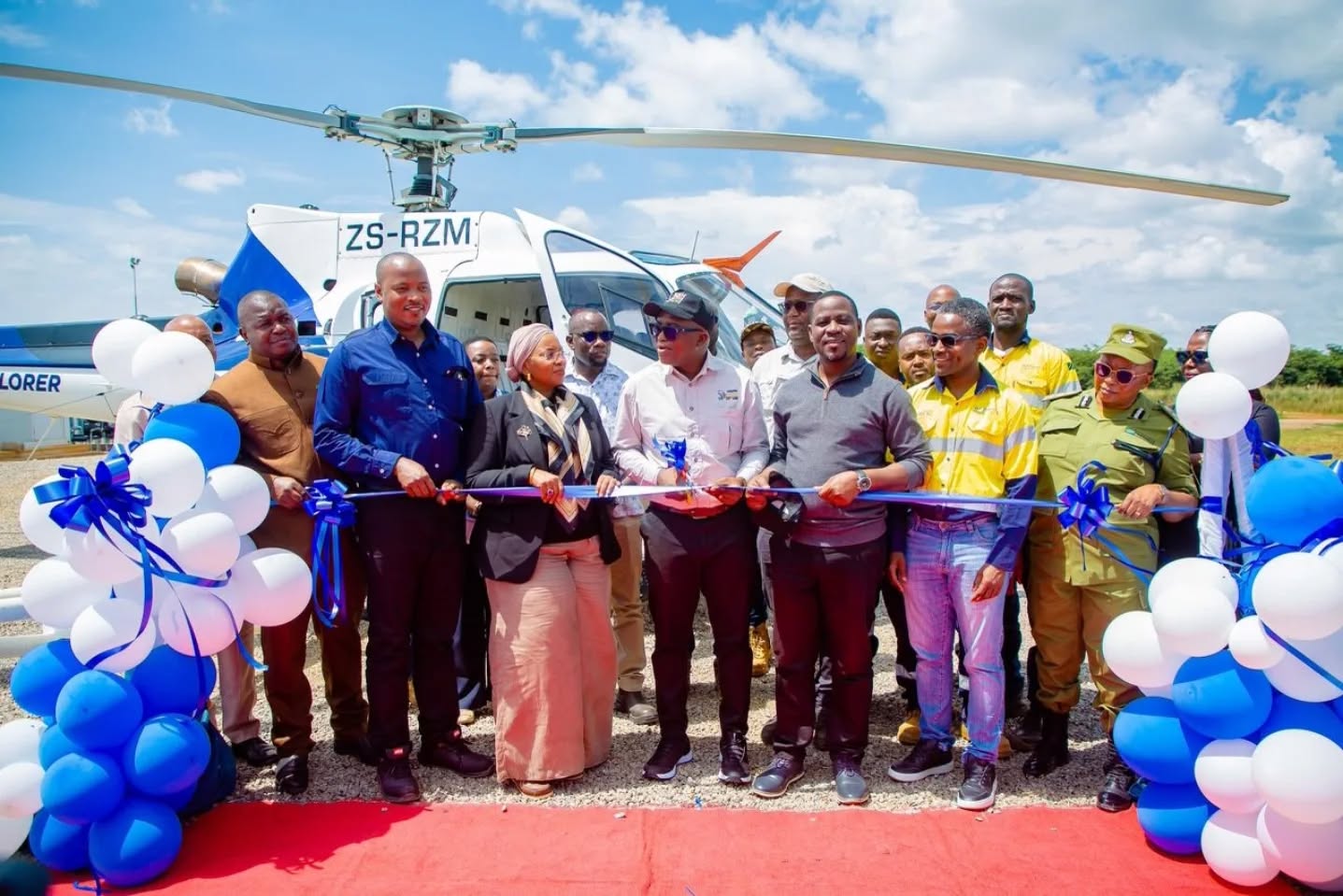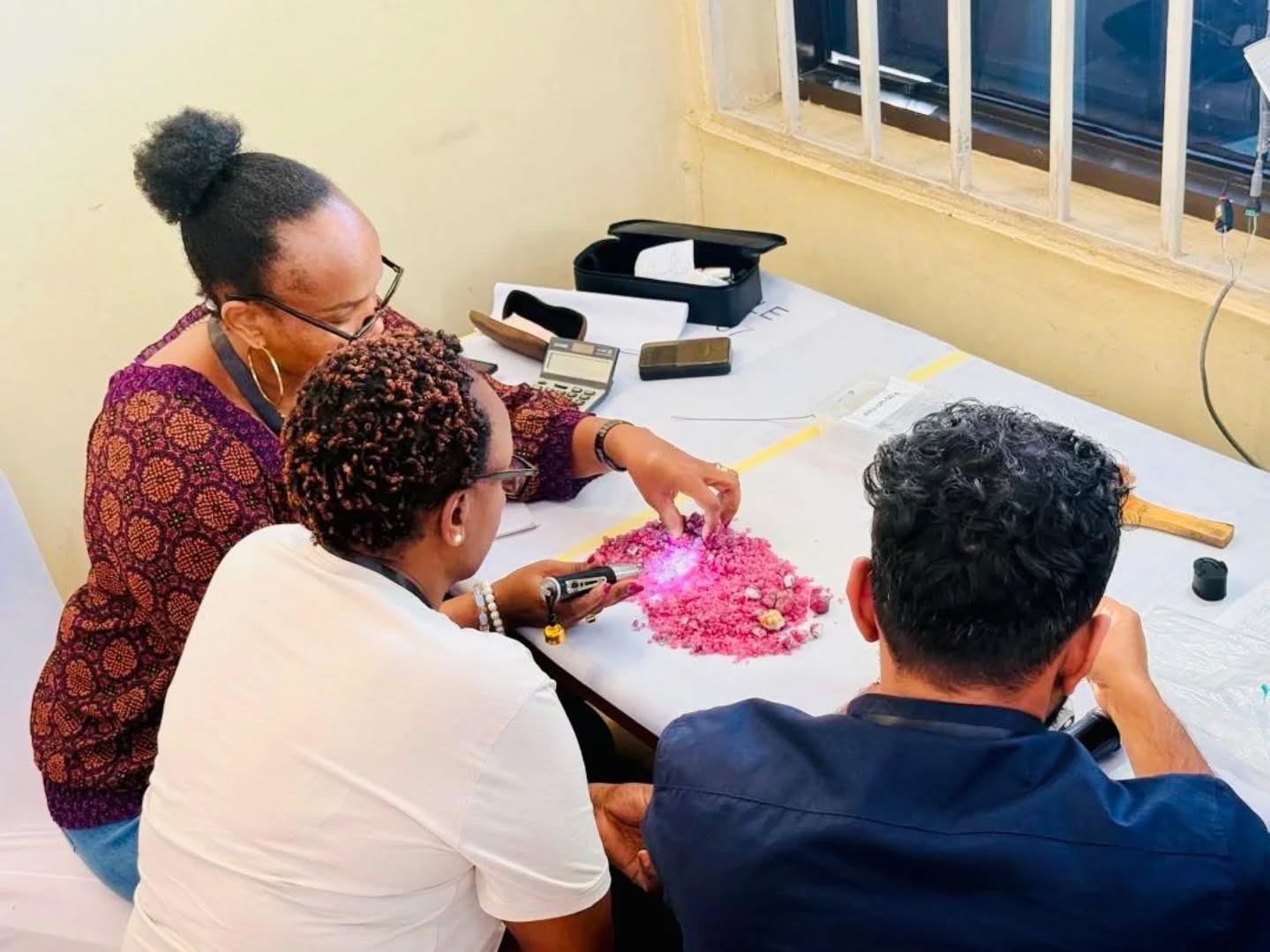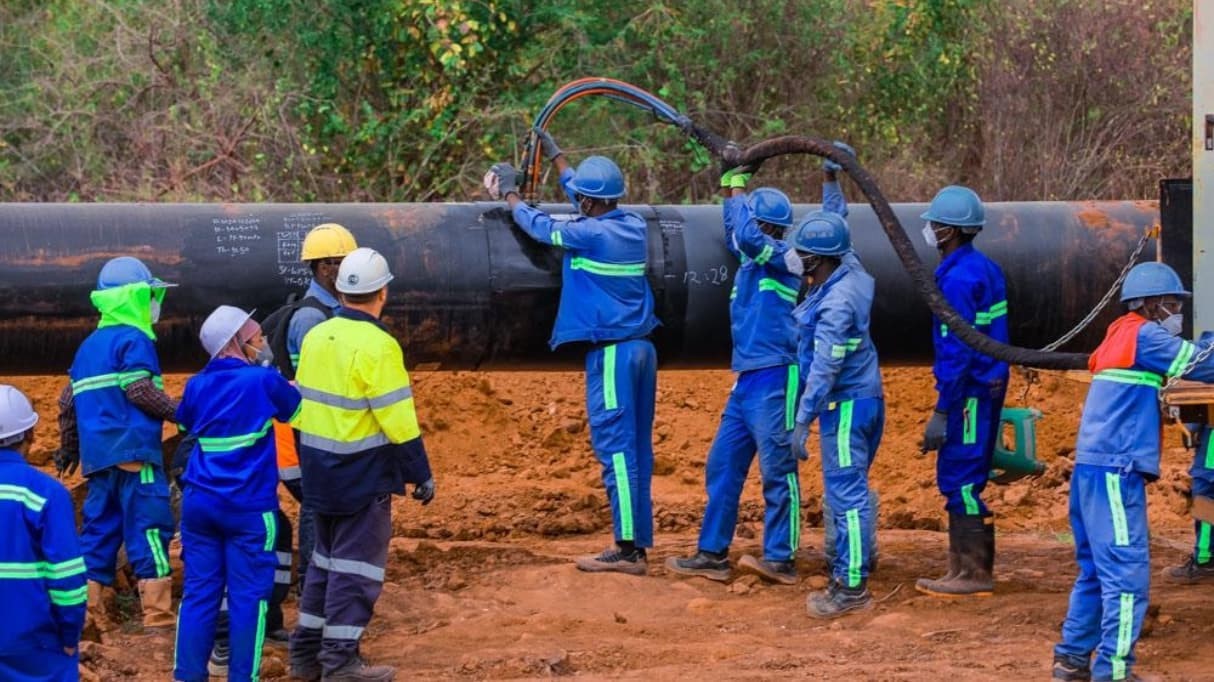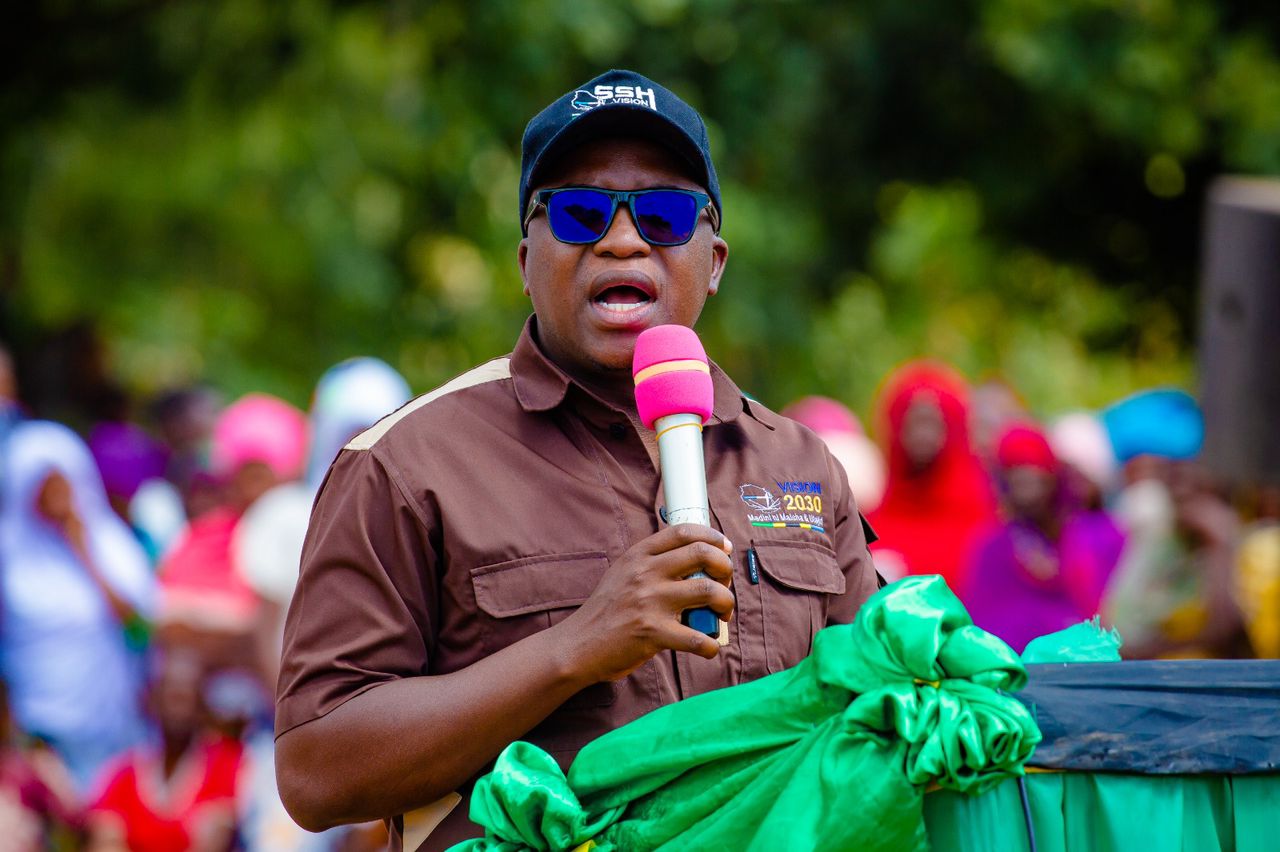Dodoma. The Mining Commission, in collaboration with institutions under the Ministry of Minerals, is leveraging this year’s Nane Nane Agricultural Exhibitions at the Nzuguni Grounds in Dodoma to spotlight the untapped investment opportunities within Tanzania’s mineral sector.
Positioned strategically at the heart of the exhibition grounds, the Commission’s pavilion has become a magnet for thousands of visitors, ranging from aspiring miners to seasoned entrepreneurs, all keen to understand how the country’s rich mineral endowment is being harnessed for sustainable national development.
Through interactive displays and expert briefings, the Commission is illuminating the broad spectrum of opportunities in mineral exploration, mining, processing, and trade.
It is also outlining the government’s vision of positioning Tanzania as a regional hub for sustainable mineral development and value addition, a strategy anchored in robust policies, investor-friendly frameworks, and a supportive regulatory environment.
One of the Commission’s central messages is aimed at empowering Tanzanians to participate directly in the mining industry.
Officials are encouraging individuals, youth groups, and cooperatives to acquire Primary Mining Licences (PMLs), particularly for artisanal and small-scale mining.
These licences are seen as a gateway for citizens to enter the sector with limited capital but high potential for growth.
In addition to extraction, the Commission is urging local investors to seize opportunities in mineral processing.
By establishing lapidaries and refineries, especially for gold, gemstones, and industrial minerals, citizens can add value to raw minerals and maximise domestic benefits before export.
Legal and transparent mineral trading is another cornerstone of the Commission’s exhibition outreach.
Visitors are being introduced to the government-established mineral trading hubs and buying centres across the country, which enable miners and traders to operate under regulated, secure, and fair-market conditions.
These centres play a pivotal role in curbing illicit trade and ensuring equitable pricing for both producers and buyers.
Furthermore, the Commission is actively promoting the Local Content Guidelines as a framework for broad-based participation in the mining value chain.
Through these guidelines, Tanzanians are being encouraged to offer goods and services to mining companies, including catering, logistics, fuel supply, construction, environmental consulting, and equipment maintenance.
To facilitate this, the Commission is calling on entrepreneurs to formalise their businesses, obtain necessary certifications, and strengthen their operational capacity to meet industry standards.
The guidelines also mandate skills transfer and job creation, compelling mining firms to prioritise the employment of Tanzanians and invest in building a technically competent local workforce.
In this regard, the Commission is challenging young professionals and vocational graduates to consider careers within the mineral sector, whether in geology, engineering, environmental sciences, or support services.
With the exhibitions scheduled to run through to 8 August 2025, members of the public are being warmly invited to visit the Mining Commission’s pavilion.
There, they can engage with sector experts, access a wealth of educational materials, and discover how to tap into one of Tanzania’s most dynamic and promising sectors.
The Commission’s message is clear: Tanzania’s mineral wealth belongs to its people, and every citizen, regardless of background, has a role to play in shaping the future of the nation’s extractive economy.

